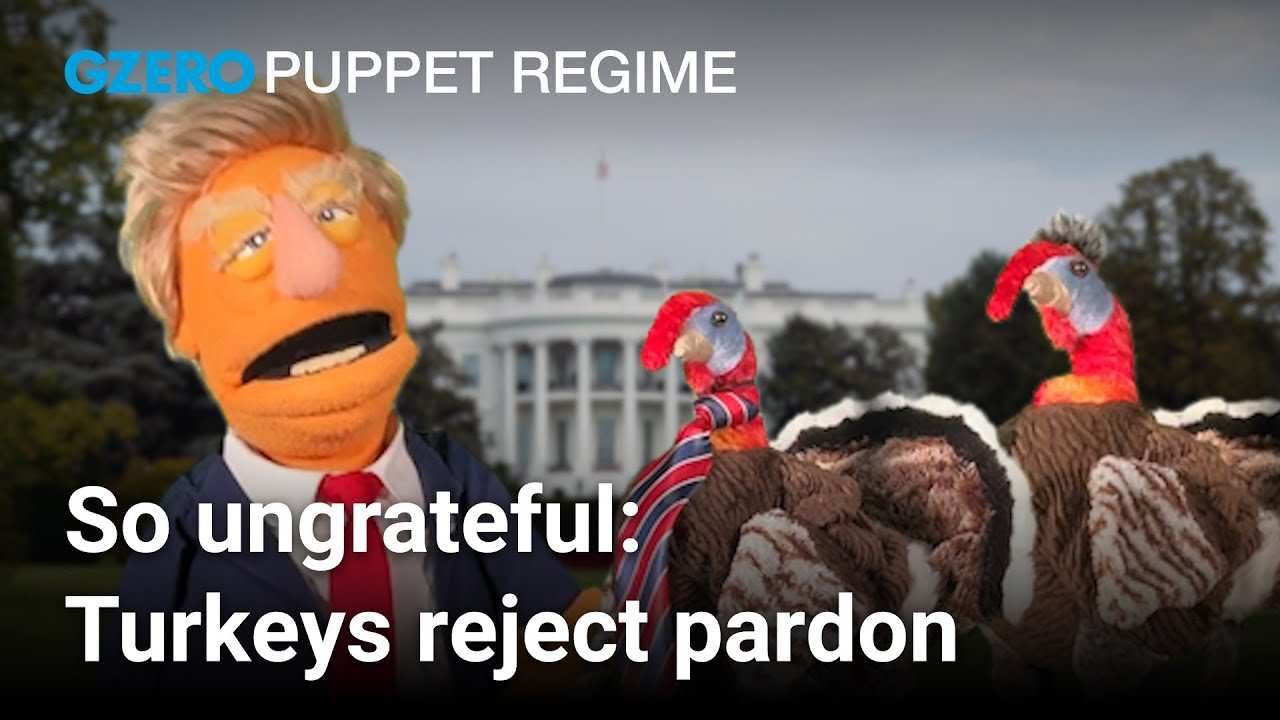WHAT WE ARE WATCHING
"Ooooooorder!"– Another wrench in the works for Brexit. The UK House of Commons speaker ruled late yesterday that Prime Minister Theresa May can't hold a third "meaningful vote" on her twice-defeated Brexit deal unless significant changes are made to it. Ms. May is traveling to Brussels later this week to see if she can win more time for negotiations, but even if she can, it's not clear she'd be able to get significant enough concessions from the EU to allow for another vote (let alone one that would go her way).And so the once-remote chances of a second referendum are growing by the day…
A President Stuck on a Train – To show he's a man of the people ahead of national elections in May, South Africa's President Cyril Ramaphosa boarded a commuter train to mingle with passengers. But thanks in part to the embattled national railway and the decrepit infrastructure on which it relies, a 30-mile journey scheduled to last 45 minutes took nearly four hours. "It is unacceptable," Ramaphosa warned as his long journey ended. Things will improve or "heads will roll." Train delays are a daily source of public fury in South Africa, where late workers sometimes lose their jobs, and this is a chance for Ramaphosa to build much-needed public credibility—if he can make things better.
WHAT THEY ARE IGNORING
We usually ignore things on your behalf, but this week we spotlight a few important things that others are notably tuning out.
Protesters vs Algerian Government Reshuffle – Protesters in Algeria are evidently unmoved by the government's decision to scrap ailing President Abdelaziz Bouteflika's candidacy for a fifth consecutive term. Last Friday, even after that concession was announced, the country saw the largest protests in memory. While Bouteflika's withdrawal from the election was the initial demand of the protesters, they now worry the government will simply reshuffle an opaque power structure dominated by the military without addressing the big problems of corruption and a lack of economic opportunity. And they are probably right.
Muslim Leaders vs Chinese Abuse of Muslims – The leaders of some of the largest majority-Muslim nations on earth have mostly said nothing about growing evidence that China's government is systematically repressing ethnic-Uighur Muslims in the Western province of Xinjiang. Recently in Beijing, Saudi Crown Prince Mohamed bin Salman said China has the "right" to do what it likes within its borders. President Joko Widodo of Indonesia, the world's largest majority Muslim nation, has also avoided criticizing China. Evidently, the need to court Chinese investment and support surpasses their concern for coreligionists. The only major Muslim leader who has spoken out is Turkey's Recep Tayyip Erdogan, who is staking his own claim to regional power and leadership of the broader Muslim world.
